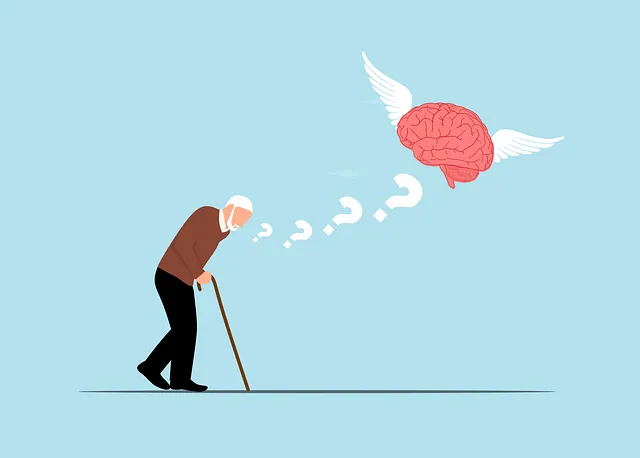Risk assessment and personalized treatment planning at Kaiser Lone Tree are key to providing safe, effective mental health care. Accessing services through this facility involves understanding your needs, communicating effectively, practicing self-care, and identifying personal risks with professional guidance. This holistic approach ensures tailored support using evidence-based practices for improved well-being. Learn how to get mental health services through Kaiser Lone Tree for a transformative journey.
Risk assessment and harm minimization planning are essential tools in managing potential threats and ensuring well-being. This article guides you through crucial steps, offering a comprehensive overview of effective strategies. We explore how to navigate mental health support via Kaiser Lone Tree, providing practical insights for risk management.
Learn the process, understand harm minimization, and discover simple steps for a proactive approach to wellness, all while utilizing available resources, such as Kaiser’s services.
- Understanding Risk Assessment and Harm Minimization Planning
- Accessing Mental Health Services Through Kaiser Lone Tree
- Practical Steps for Effective Risk Management and Support
Understanding Risk Assessment and Harm Minimization Planning

Risk assessment and harm minimization planning are vital components in ensuring the well-being of individuals seeking mental health services, especially when utilizing resources like Kaiser Lone Tree. It involves a systematic process of identifying potential risks and implementing strategies to mitigate them. By assessing factors such as past traumas, medication interactions, or cultural barriers, healthcare providers can deliver more personalized and effective treatment plans.
For example, the Cultural Sensitivity in Mental Healthcare Practice approach emphasizes understanding diverse cultural beliefs and practices to provide inclusive care. This is particularly relevant when serving a diverse population, ensuring that how to get mental health services through Kaiser Lone Tree is accessible and respectful of individual differences. Additionally, risk assessment for mental health professionals is crucial to preventing burnout, which can be mitigated through effective time management, support systems, and implementing burnout prevention strategies for healthcare providers.
Accessing Mental Health Services Through Kaiser Lone Tree

Accessing mental health services through Kaiser Lone Tree is a significant step towards improving your well-being. The first step is to understand that seeking help is a sign of strength and self-care. Kaiser Lone Tree offers a range of resources tailored to meet individual needs, from therapy sessions to online support groups. To initiate this process, patients can start by contacting their primary care physician within the Kaiser network, who can provide guidance and referrals based on specific concerns.
Effective communication strategies are key when navigating these services. Expressing your needs clearly and openly during appointments can enhance the therapeutic experience. Additionally, compassion cultivation practices have been shown to improve mental health outcomes, fostering a sense of connection and reducing stress. Engaging in regular self-care routines, including stress management techniques, can complement the professional support received from Kaiser Lone Tree.
Practical Steps for Effective Risk Management and Support

Risk management is a proactive process that empowers individuals to take control of their mental health and well-being. For those seeking support through Kaiser Lone Tree, here are practical steps to initiate effective risk assessment and harm minimization planning.
The first step involves identifying potential risks and triggers specific to the individual’s experiences. This includes recognizing emotional cues and patterns that may lead to heightened stress or distress. Encouraging clients to develop a self-care routine focused on emotional regulation can be transformative. By incorporating techniques such as mindfulness, deep breathing exercises, or engaging in creative outlets, individuals gain valuable coping skills for managing intense emotions. Additionally, seeking professional guidance from mental health experts within Kaiser Lone Tree ensures access to evidence-based practices tailored to personalized needs.
Risk assessment and harm minimization planning are essential tools in ensuring the well-being of individuals, especially when it comes to mental health. By understanding these processes and taking practical steps, as outlined in this article, one can effectively manage and support those at risk. For those seeking mental health services, Kaiser Lone Tree offers accessible resources, providing a crucial step towards getting the help needed. Remember, early intervention and comprehensive planning are key to minimizing harm and fostering positive outcomes.






